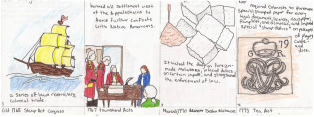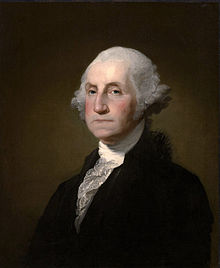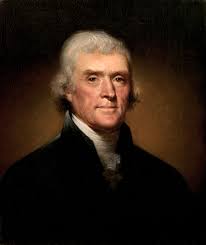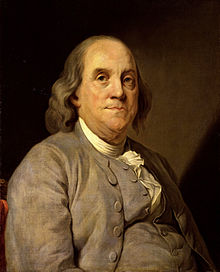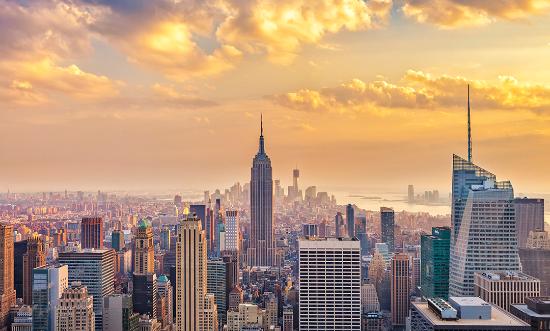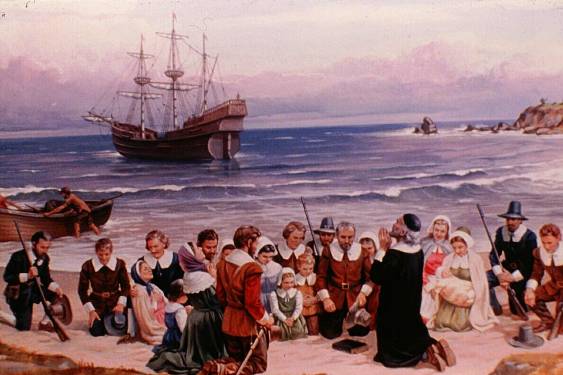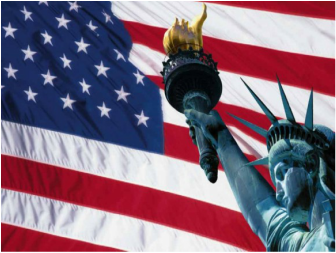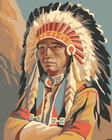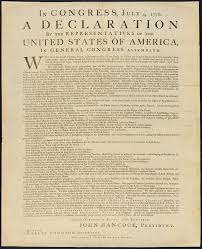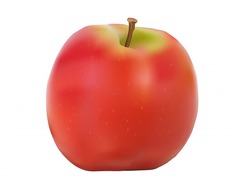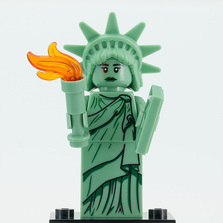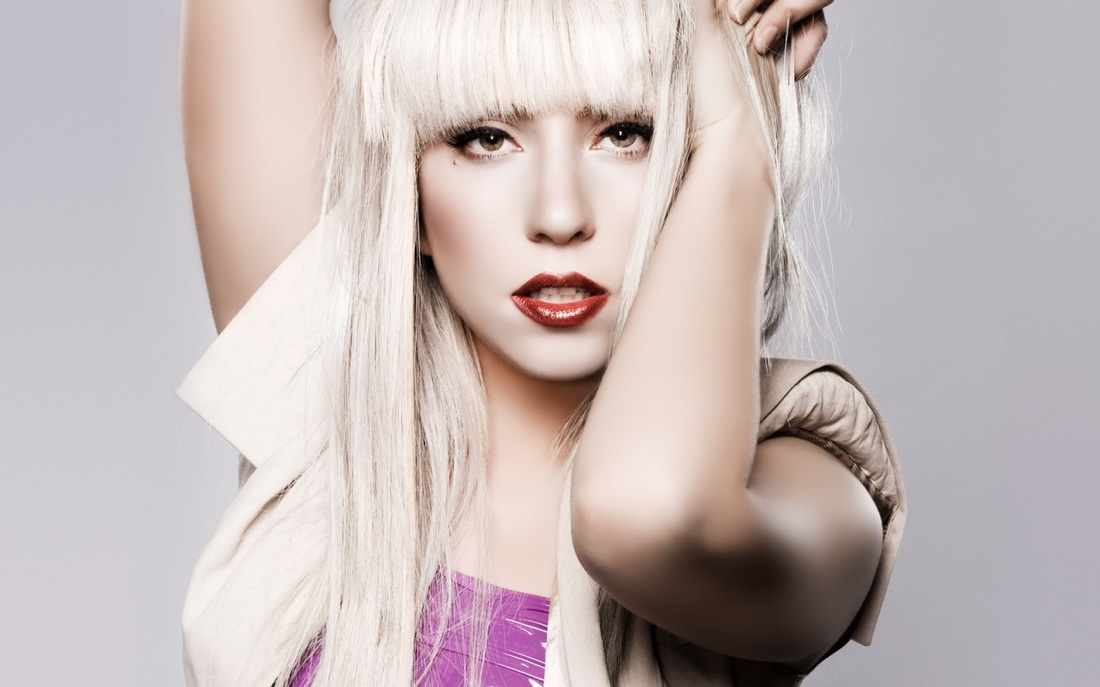|
Hopefully, sometime I get a superpower. I would like to be able to transport myself wherever I wanted.
Chloe Bennet definitions
Colony:
"A colony is a group of people who leave their native country to form in a new land, a settlement subject to, or connected with, the parent nation." Superpower: "A superpower is an extremely powerful nation, especially one capable of influencing international events and the acts and policies of less powerful nations." Today, the USA is the only superpower left in the world. Once, not so long ago, it was just an area with many different colonies. Some were British, but other European countries had colonies there as well.
What is the story behind this superpower? How has the United Nations of America become the superpower we see today? The Mayflower
In September 1620, a merchant ship called the Mayflower set sail from Plymouth, a port on the southern coast of England. Typically, the Mayflower’s cargo was wine and dry goods, but on this trip the ship carried passengers: 102 of them, all hoping to start a new life on the other side of the Atlantic. Nearly 40 of these passengers were Protestant Separatists–they called themselves “Saints”–who hoped to establish a new church in the New World. Today, we often refer to the colonists who crossed the Atlantic on the Mayflower as “Pilgrims.” The colonists spent the first winter living onboard the Mayflower. Once they moved ashore, the colonists faced challenges. During their first winter in America, more than half of the Plymouth colonists died from hunger, disease and exposure to the harsh New England weather. Native people taught them how to hunt local animals, gather shellfish and grow corn, beans and squash. At the end of the next summer, the Plymouth colonists celebrated their first successful harvest with a three-day festival of thanksgiving. Americans still commemorate this feast today. Independence
As the years went by the colonist settled and raised their families. New generations grew up and felt more and more alienated from the British crown. When Britain needed money to support their warfare in Europe, they introduced more and more taxes on merchandise going to and from Britain. This irritated and provoked the new generation, they had no commitment to the British empire. After pressuring the British rulers, they managed to get rid of several taxes, but not on tea. This lead to the famous Boston Tea party. Eventually the colonists organized the 13 colonies, and sent representatives to a congress. The fight for independence had started. The colonial army did not stand a chance against the British soldiers. When George Washington took over the colonial army, he trained and disciplined them, but still they were defeated in battle after battle. It was when Benjamin Franklin was sent to France to ask for help that the turning point of this war was a fact. With the help from the French they finally defeated the British rulers in 1781. Thomas Jefferson had started working with the declaration of independence earlier and the 4th. Of July 1776 it was finished and signed. In 1789 George Washington was elected to be the first American President in the United States of America. Superpower USA
New York City was settled by Europeans from The Netherlands in 1624. The Dutch called the whole area of New York "Nieuw Nederland" (New Netherland) and they named a fort and town on the south end of Manhattan Island Nieuw Amsterdam (New Amsterdam), after the capital city of the Netherlands, which was to become present-day New York. The English took over the colony in 1664 during the second Anglo-Dutch War. They changed the name to New York, to honor the Duke of York, who later became King James II of England. The Dutch surrendered Nieuw Amsterdam without fighting. They were afraid of the English Royal Navy, so they traded the town to England for the colony of Surinam in South America, which they thought was worth more money. By the time the English took New York, there were many other Dutch towns in what would become New York City, including Breukelen (Brooklyn) and Nieuw Haarlem (Harlem). There were already some English towns in the area also, such as Gravesend in Brooklyn and Newtown in Queens. Dutch, English and other people had been living together in New York for a long time. New York quickly grew to become a large and important port city, often called «The Big Apple». New York skyline. Read more about New York here.
What about learning how to write a postcard from New York? Check it out presentation about the usa |
Glossary:
thanksgiving
the boston tea partythe declaration of
|
|
|
|
"A middle finger is more New York than a corporate ambush. I bleed for my hometown, and I’d die for my fans." - Lady Gaga
|
|
Kildehenvisninger:
http://www.teachertube.com/video/lady-liberty-tells-her-story-114707 https://c2.staticflickr.com/8/7161/6833648851_43866faea5_b.jpg http://kids.pbskids.com/bigapplehistory/early/index-flash.html https://pixabay.com/p-316871/?no_redirect http://thoughtcatalog.com/charlie-morrigan/2013/05/50-greatest-quotes-about-new-york-city/ https://flavorwire.files.wordpress.com/2014/10/lady_gaga-jpg.jpg http://www.tahoesbest.com/sites/www.tahoesbest.com/files/billboard/jerry-keys-cab-1_C.jpg?1331843337 http://mayflowerhistory.com/pilgrim-history/ http://www.history.com/topics/mayflower https://en.wikipedia.org/wiki/Physical_history_of_the_United_States_Declaration_of_Independence https://www.youtube.com/watch?v=o69TvQqyGdg https://en.wikipedia.org/wiki/George_Washington https://en.wikipedia.org/wiki/Thomas_Jefferson_and_education https://en.wikipedia.org/wiki/Benjamin_Franklin |
Klikk her for å redigere.
|
